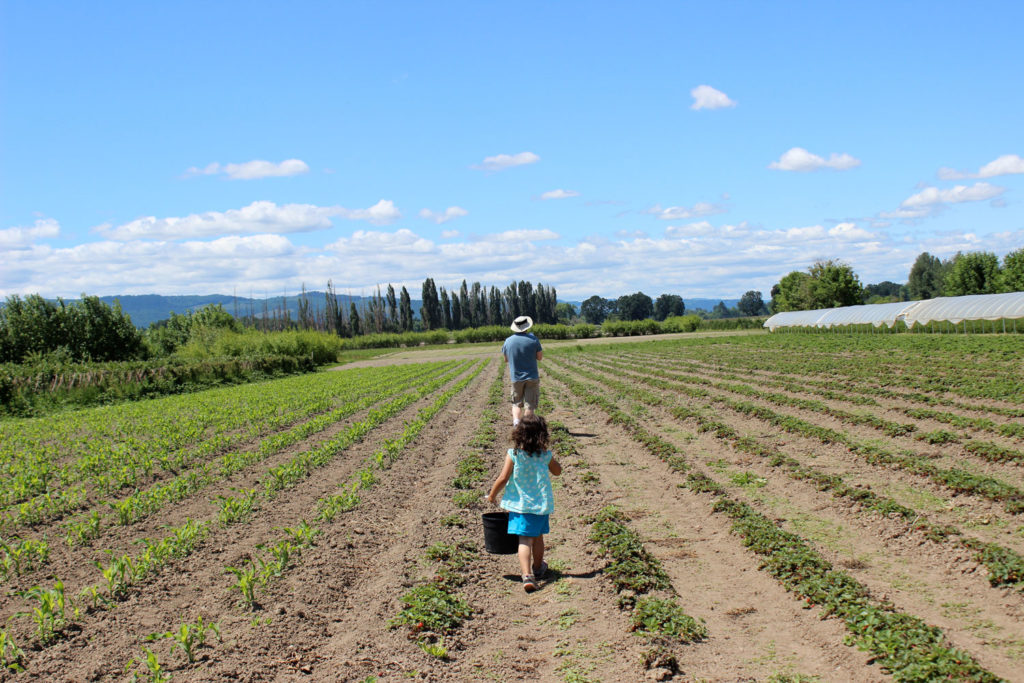Re-Envisioning Rural and Agrarian Ministry
At The Keep & Till church in Carroll County, Maryland, we are committed to being a community of learning. We keep our ears are tuned to anything that may impact our place and people. That’s why we started “Headwaters: A Rural and Agrarian Ministry Conference.” We wanted to bring emerging voices to our place to strengthen and encourage our congregation, the existing churches in our “ecosystem,” and the dreamers and prophets who envision a new kind of church. At the recent Headwaters conference, we experienced an estuary of discipleship, commensality, theology, and practical ministry for healthy, productive, and sustainable rural churches empowered to speak prophetically to a world threatened by community erosion, climate change, and food insecurity. We would like to share a few ideas that were presented at Headwaters and are shaping our thinking about agrarian communities of faith.
Kendall Vanderslice is a student at Duke Divinity School who holds a master’s degree in commensality from Boston University. She traced the history of food throughout Scripture, and showed us how the Eucharistic meal is the central act of the community of faith. By taking a deeper look at the spirituality of food, she suggested ways that we can interact in more healthy ways with the ground beneath our feet, with one another, and with our own bodies.
Jennie Chamelin, a Keep & Till co-founder, challenged us to rethink a church culture that seeks to replace “secular” busyness with “Christian” busyness. She cast a vision for the church as a place of rest, and genuine place of community where the work of Christian education and child development happens not in a boxed-off classroom, but in the context of the life we share together and the talents and gifts we offer to the community as a whole.
Josh Scott, pastor of Morgantown Community Church (KY), explored the notion of “tradition” in the church. Tradition is frequently treated as an anchor, holding us in place, but holding us back from discovery. Josh suggested tradition is best understood as a wind, enabling us to explore the immense dimensions of God’s justice and generosity. His encouragement to rural churches is the steady work of presence and patience as we reframe the narrative of salvation for a new era.
For my own presentation, I proposed that Wendell Berry’s notions of “industrial” and “agrarian” provide effective scaffolding for diagnosing decay in the rural Church and envisioning a more holistic community of faith. “Industrial church” views faith as a product, using the tools of colonialism to impose a generic faith on all places, ignoring the life and culture of a particular place. “Agrarian church” anticipates salvation for all things: beginning with “me,” encompassing the life of a local ecosystem, culminating in a world made new. He proposed a discipleship schema not of a displacing journey, but as an expanding vision of salvation in this place.
As the attendees filed past in the reception of the Eucharist, we realized that there is a growing, thoughtful community that is recommitting to faith-in-place, recommitting to the forgotten places and people of this empire, and recommitting to a dynamic faith that is soil-based, sustainable, and salvific for all of God’s creation.
The Rev. Sam Chamelin is one of the founders of The Keep & Till and serves as pastor of St. Mark’s United Church of Christ, Hampstead, Maryland.
Related News
The 2026 Climate Hope Art Contest
Last year's winning artwork register your church For the fourth straight year, we...
Read MoreGrowing Weary
In December 1964 during a speech in Harlem, Fannie Lou Hamer declared: “And you can always...
Read MoreOur Moral Center
“We've got about 350,000 people who are dying prematurely from the burning of fossil fuels...
Read More


